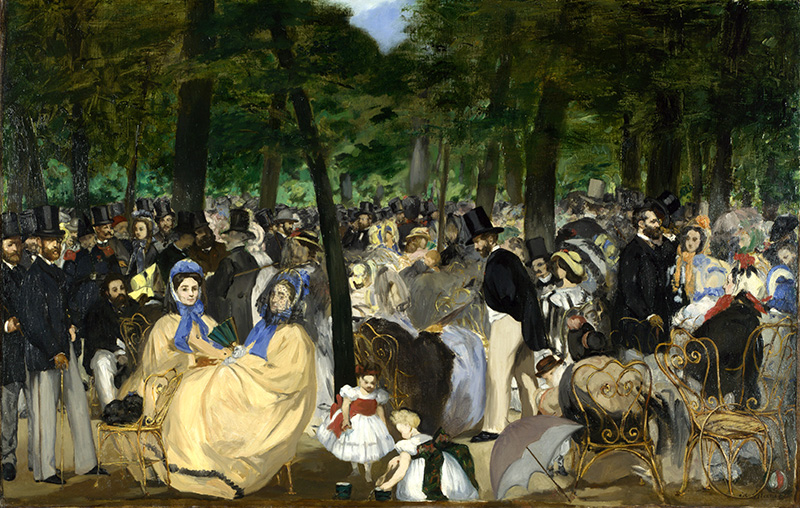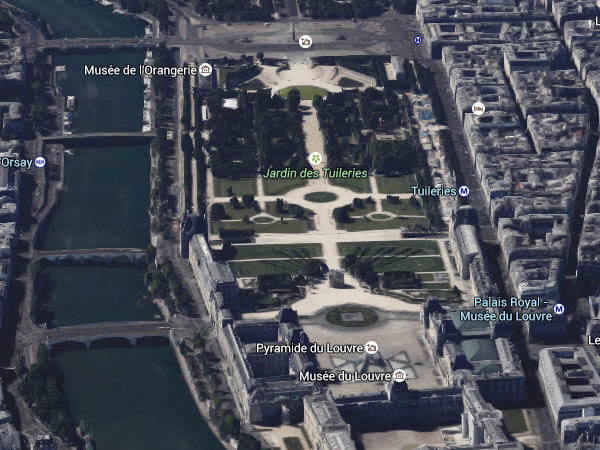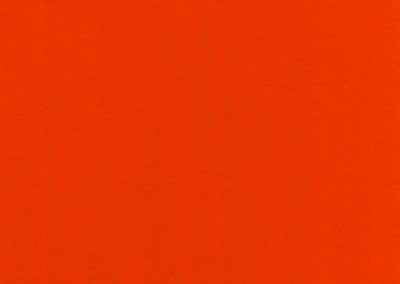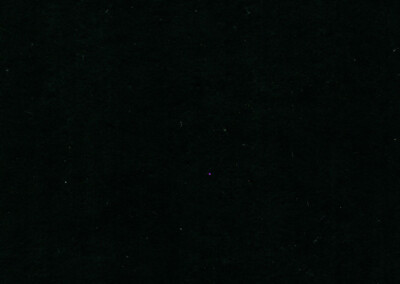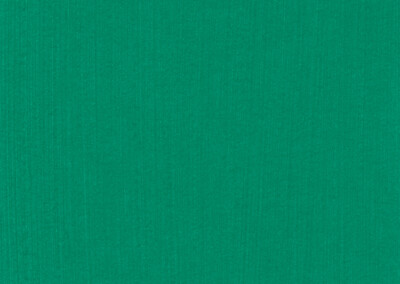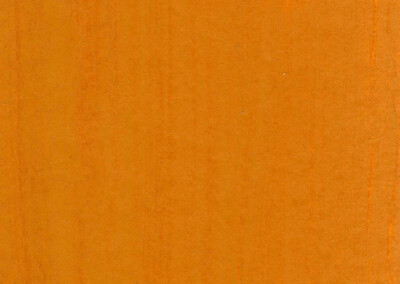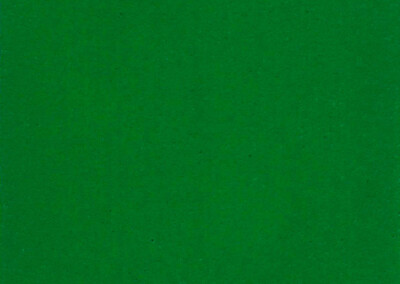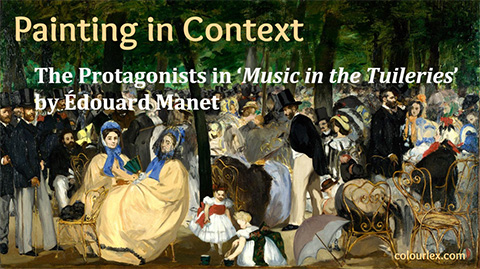Édouard Manet, Music in the Tuileries Gardens
1862Paintings sorted by Historical period | Painter | Subject matter | Pigments used
Who is Who in the Painting
Manet’s ‘Music in the Tuileries Gardens’ is an assemblage of the famous and important members of the Parisian society. See also the PowerPoint Presentation giving extensive information on the majority of people depicted in this painting.
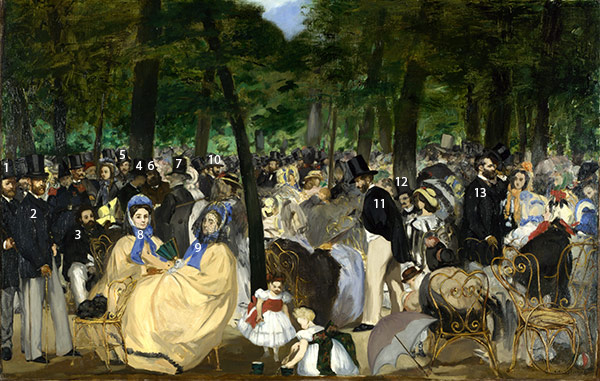
1 – Édouard Manet, 2 – Comte Albert de Balleroy, 3 – Zacharie Astruc, 4 – Charles Baudelaire, 5 – Henri Fantin-Latour, 6 – Théophile Gautier, 7 – Baron Isidore Justin Séverin Taylor, 8 – Valentine Thérèse Lejosne, 9 – Madame Loubens, 10 – Frédéric Bazille, 11 – Eugène Manet, the brother of the painter, 12 – Jacques Offenbach, 13 – Charles Monginot
Overview
Medium: Oil
Support: Canvas
Size: 76.2 × 118.1 cm
‘Music in the Tuileries Gardens’ is Manet’s influential work showing a selection of well-known characters of Parisian bohemian society listening to an afternoon concert in the park. The painting has caused quite an uproar at its first exhibition in 1863. The main points of critique were the unfinished surface of the paint and the compositional elements such as the tree in the foreground dissecting the picture plane.
The subject of the painting did not sit well with the Parisian art establishment as urban scenes were not considered fit as a subject matter for Art in the 1860s. Manet and his friend Charles Baudelaire felt that modern urban life is heroic enough to be depicted in paintings and in literature. Baudelaire’s essay “The Painter of Modern Life” was a manifesto of this outlook (2).
The painting is not a casual snapshot of the Sunday afternoon in a park. The seemingly haphazardly depicted throng of music lovers is in actual fact a select choice of illustrious personages of the Parisian bourgeois and cultural world and Manet’s family.
References
(1) Bomford D, Kirby J, Leighton, J., Roy A. Art in the Making: Impressionism. National Gallery Publications, London, 1990, pp. 112-119.
(2) Baudelaire, Ch. The painter of modern life, translated by J. Mayne, Phaidon Press, London 1964.
Pigments
Pigment Analysis
This pigment analysis is based on the work of the scientists at the National Gallery London (1). The colours in this painting are generally subdued and rather dull with strong colourful accents in women’s bonnets and clothes.
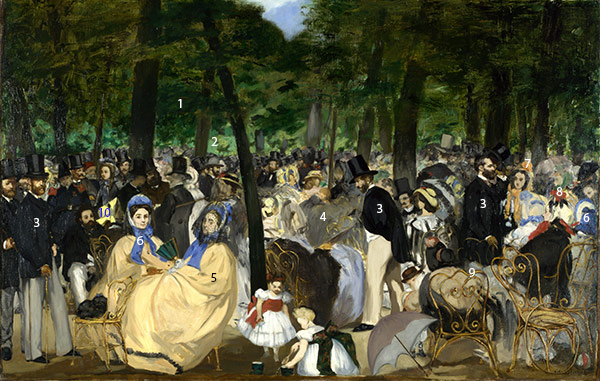
1 Dense foliage in the upper part of the painting: glazing paint consisting of emerald green and Scheele’s green in a yellow lake with addition of ivory black and yellow ochre for greater depth.
2 Lighter but more opaque green in the middle part: the same glazing paint as in Nr 1 but with added white pigment and yellow ochre in the areas with a more yellowish colour.
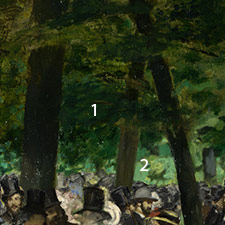
3 Black clothes of the men: principal pigment is ivory black with the incorporation of cobalt blue and orange-brown ochre and in some areas even a little white.
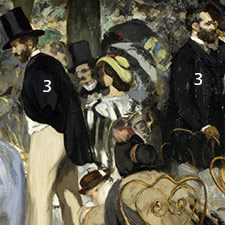
4 Grey clothes: principal pigment is ivory black with the incorporation of cobalt blue, viridian, and ochre.
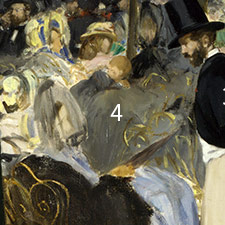
5 Cream coloured dresses of the two ladies in the foreground: earth colours mixed with white and little black with the addition of cobalt blue.
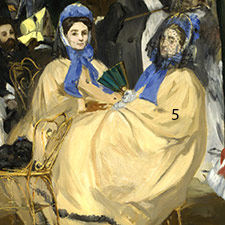
6 Blue bonnets: cobalt blue mixed with white.
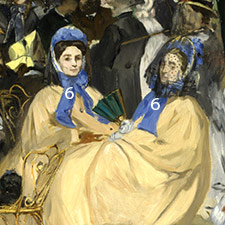
7 Orange bonnet of the woman on the far right: pure chrome orange.
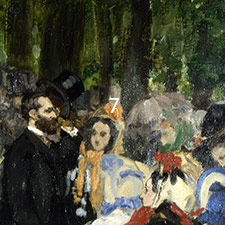
8 The red bonnet of the woman on the far right: pure vermilion.
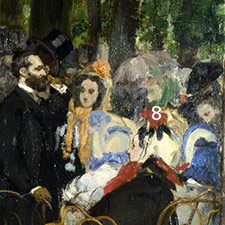
9 Mustard-yellow coloured chairs in the foreground: Naples yellow (lead antimonate).
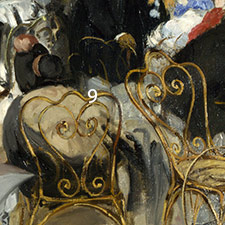
10 Light-yellow bonnet of the woman on the left: commercially available mixture of zinc white, chrome yellow, and yellow ochre sold under the name jaune de Naples (Naples yellow). This paint is not be confused with the genuine Naples yellow (see above Nr 9).
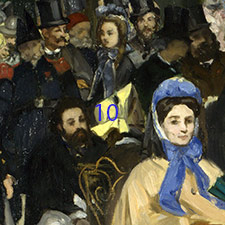
References
(1) Bomford D, Kirby J, Leighton, J., Roy A. Art in the Making: Impressionism. National Gallery Publications, London, 1990, pp. 112-119.
Pigments Used in This Painting
Resources
PowerPoint Presentations
Painting in Context: Édouard Manet, Music in the Tuileries Gardens
A richly illustrated presentation on Manet’s ‘Music in the Tuileries gardens’ containing information on the members of the Parisian high society depicted in this famous painting
Number of slides: 16
Formats included in the download: PowerPoint Screen Presentation (ppsx) and pdf
Videos
Video: 'Manet and Modern Beauty' by The Art Institute of Chicago
Video: 'Édouard Manet' by The Arts Hole
Publications and Websites
Publications
(1) Bomford D, Kirby J, Leighton, J., Roy A. Art in the Making: Impressionism. National Gallery Publications, London, 1990, pp. 112-119.
(2) Pollitt, B., Manet, Music in the Tuileries Gardens, Khan Academy.
(3) Baudelaire, Ch. The painter of modern life, translated by J. Mayne, Phaidon Press, London 1964.

